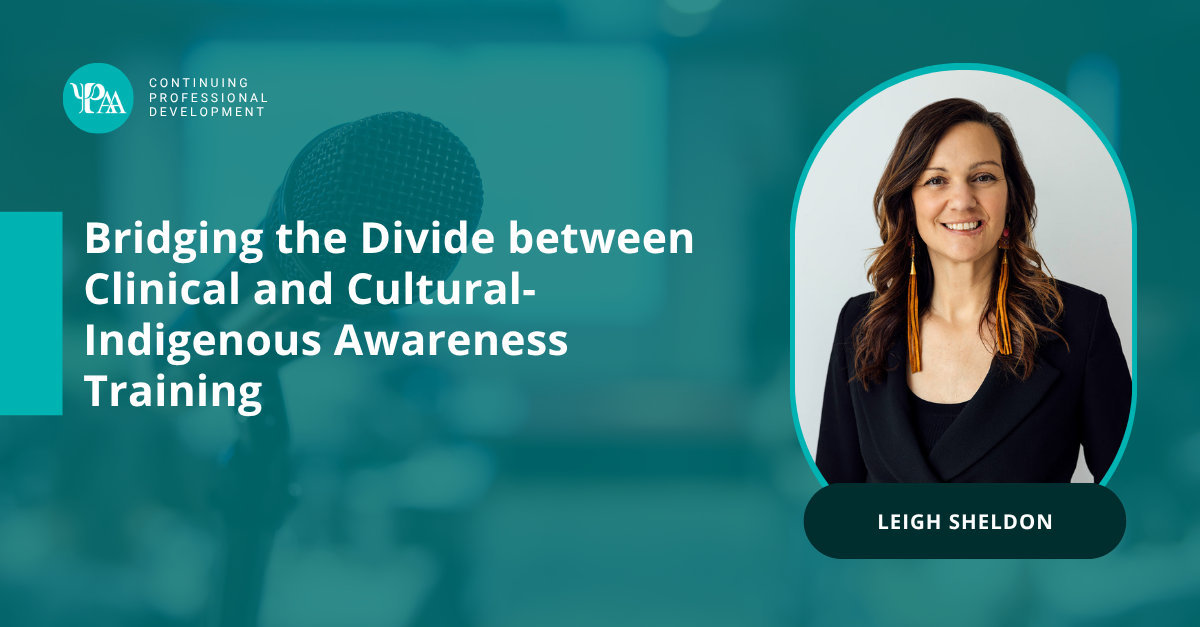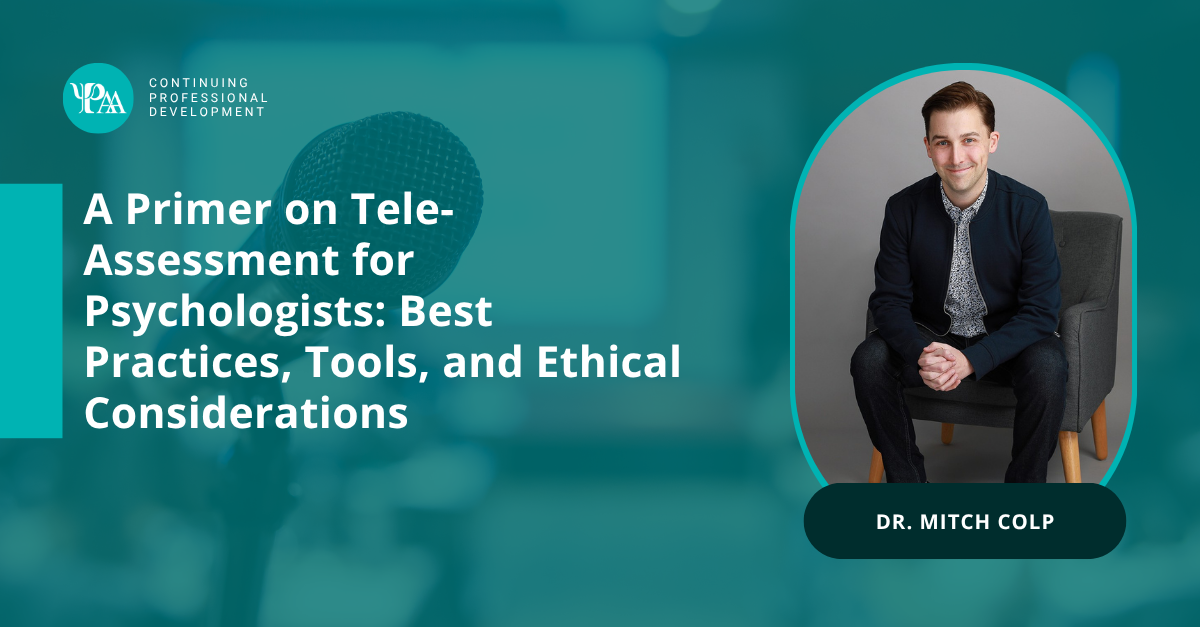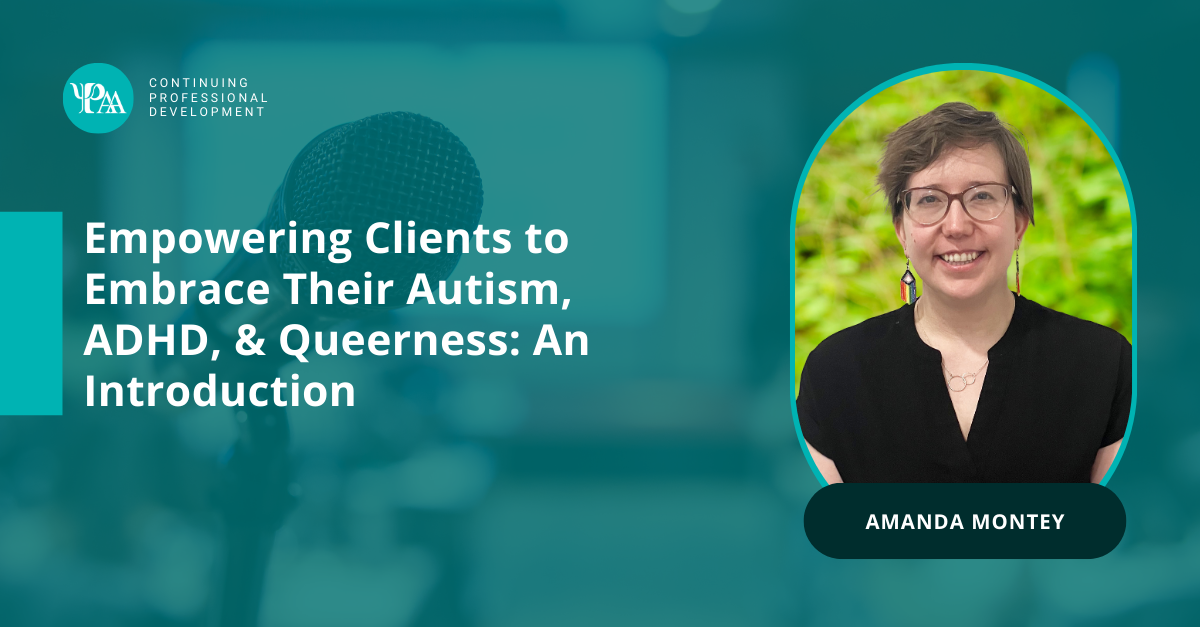
Bridging the Divide between Clinical and Cultural- Indigenous Awareness Training
VirtualThis workshop explores key concepts related to holistic health, intergenerational trauma, and decolonizing trauma through bridging the Indigenous perspectives and clinical models. The Two-Eyed Seeing, a framework developed by Mi’kmaq Elder Albert Marshall, emphasizes integrating both Western and Indigenous knowledge systems, addressing personal biases and perspectives, and highlighting the importance of being an ally through the Tree Story teachings. It also stresses cultural commitment, safety, respect, competence, and humility in mental health practice.


